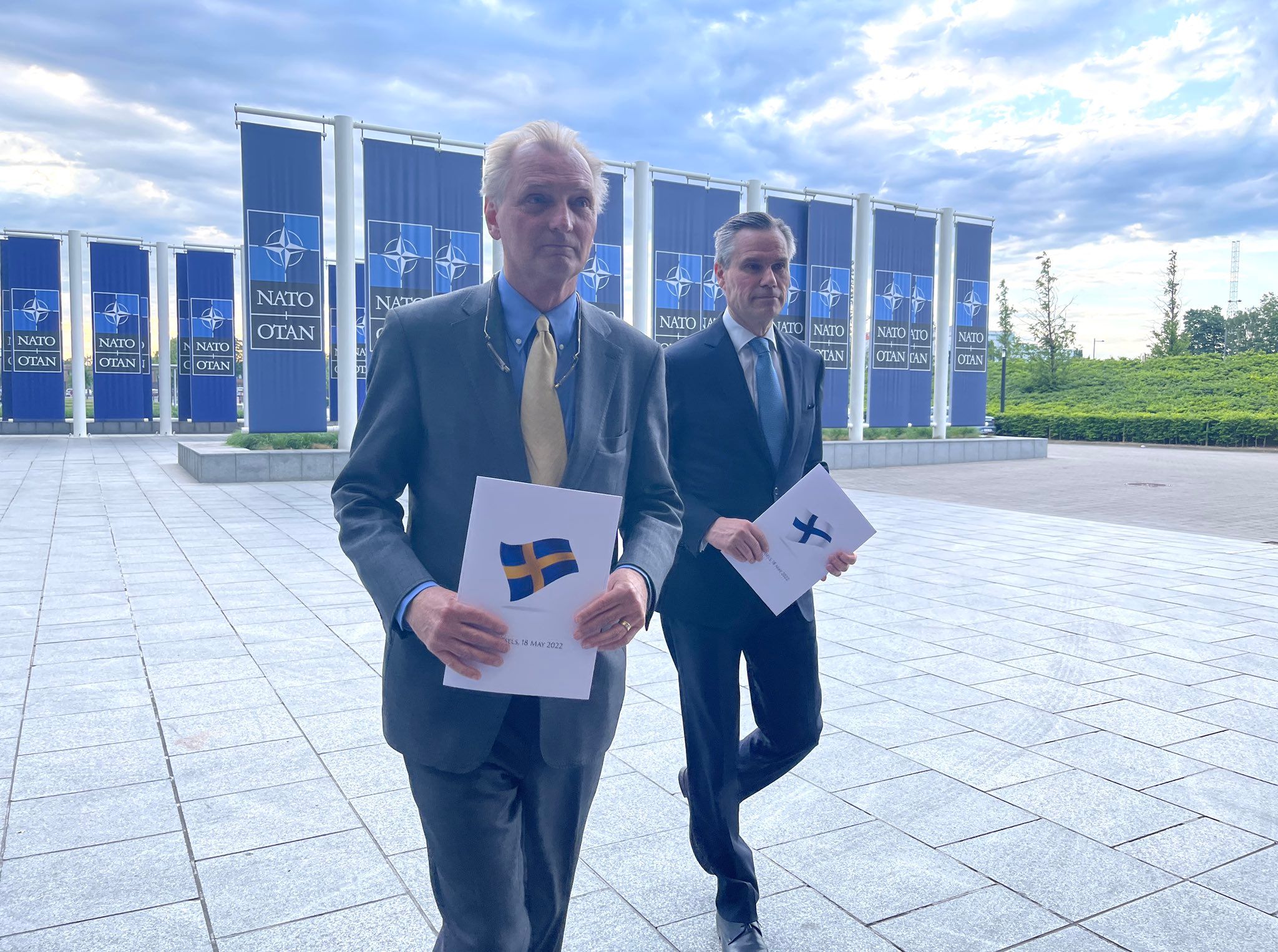NATO, or the North Atlantic Treaty Organization, is on track to get two new members in the coming weeks. Finland and Sweden will soon get a seat at the table, which means other western countries will have the option to spread their military forces.
The expansion would not necessarily be for the armed forces. With NATO being a dominant stakeholder in the ongoing Russian invasion of Ukraine, diplomatic presence is likely to spike in Finland and Sweden.
Also Read: ‘An obvious genocide’: Volodymyr Zelensky accuses Russia over bombing Donbas region
Would the US pass up on the opportunity?
While there have been no official foreign policy briefings so far, senior military officials have given a sneak peek into the United States’ plans. Army General Christopher Cavoli, who is likely to take over European Command, spoke about it in the US Senate.
Cavoli, who currently serves as head of the United States’ Army Europe and Africa, said the increased military focus will probably continue to be on eastern Europe — where nations are more worried about potential Russian aggression and any spillover of the war on Ukraine.
“The center of gravity of NATO forces has shifted eastward”, the military official told lawmakers in the Senate Armed Services Committee. Cavoli was testifying after being nominated for the European Command posting.
Where has the United States stationed its military right now?
Historically, the United States has concentrated its troops, both individual and NATO, in countries like the United Kingdom, Germany and Italy. However, things started to change with the ongoing invasion of Ukraine.
Also Read: A new Axis? What Russia stands to gain from closer ties with China
American forces are now concentrated in eastern parts of Europe, specifically the Baltic region. According to a Pentagon press release, there are at least 100,000 American troops currently stationed in Europe.
Eastern European countries have been clamoring for more American weapons and troops, as a hedge against Russia. Cavoli said the United States also has to continue to strike a delicate balance and ensure its actions in Europe don’t inflame relations with Russia and spark a broader conflict.







